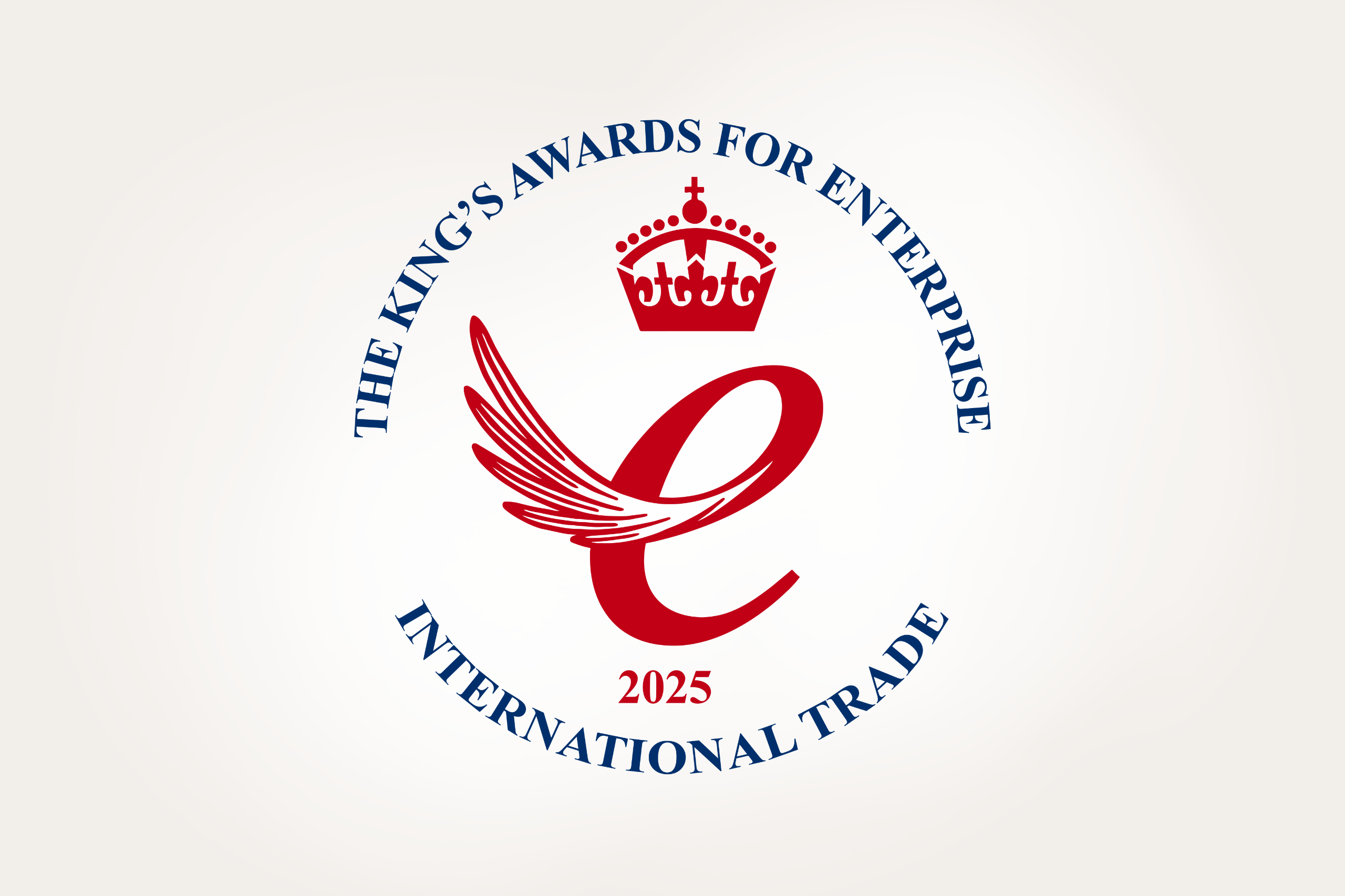Ever since I came across a piece of research from The Chartered Institute of Personnel and Development that advised only a third of the UK’s employees say they are actively engaged at work, the whole topic of how to motivate and raise the bar in terms of performance in the workplace has fascinated me.
Last week The Sports Consultancy hosted the first of a series of breakfast meetings on the topic of “Wellbeing in the Workplace”.
The discussion was led by Richard Ellis – Group Head of CSR at Walgreens Boots Alliance, Kesah Trowell – Head of Corporate Responsibility at Dixons Carphone and Julian Mack – CEO at Threshold Sports.
The session provoked some great discussion but there were three main points that I took away to consider for future CSR and employee engagement strategies, as well as within our own team here at The Sports Consultancy:
Firstly, learning that the National Office of Statistics has reported sick days increasing from 11.8million to 15.2 million in the past three years. We were advised to think about the three key areas of physical, mental and social health and pay strong attention to the crucial role of the line manager. They are the people to be trained to recognise issues and start the conversation so that an early intervention is provided. The thematic space of many sports and CSR sponsorships plays out leadership in a very relevant and engaging way that serves as a powerful way to train and educate line managers.
Secondly, don’t be afraid to stretch people and set high challenges. The Dixons Carphone Race to the Stones that Kesah talked about – which involved running or walking an Ultra Marathon – had a very high sign up rate as the team felt it was a “real challenge”. Their ‘Average to Awesome’ programme inspired many others across the business to get fit in some way. My first reaction of ‘Really? An Ultra Marathon? Employees won’t sign up to something so extreme’ was quickly changed after hearing about the level of engagement Dixons Carphone’s Race to the Stones received.
Thirdly, the working world is really changing. The Millennial Generation has a different attitude to work. They crave a sense of purpose from the company they work with. More noticeably, fitness and health is very important to this generation. A recent survey showed 55% of 16-25 year olds want to set up their own business and 80,000 students are already running a business, with 25% of them planning to continue after graduation. So if the workplace doesn’t reflect the ambition and demands of this generation, their workforce will be off to seek new challenges elsewhere, leaving the business to suffer from low retention and the merry go round and expense of recruitment and onboarding.
Finally, it was insightful to hear how high most Boards place internal culture on the agenda, as investors are increasingly interested in the employer brand and how the employees are motivated and engaged. They want to see figures that link profitability to employee retention.
There is no doubt that physical performance improves mental performance which in turn drives a better performing business. So if you would like to talk further about driving your team’s performance through physical personal challenges, do get in contact with us at The Sports Consultancy, alison@thesportsconsultancy.com or call +44 (0)20 7323 0007.


